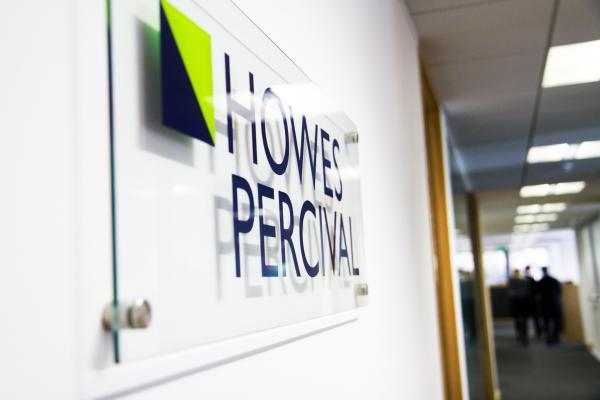The rules regarding the period for which individuals must self-isolate when they test positive for COVID-19, or come into contact with someone else who has, are constantly changing. With effect from Monday 17 January 2022 the rules are changing again. Anybody who is vaccinated and who has a negative Lateral Flow Test on both the fifth day and the sixth day of their isolation can reduce their period of isolation to six days, and will not therefore be forced to isolate for the full 10 days. Those who are unvaccinated, however, will still need to isolate for the full 10 days upon contact with a COVID-positive individual, regardless of what their Lateral Flow Tests say.
The need to isolate after contact with a COVID-positive individual has resulted in staff shortages at some of the UK’s largest retail businesses; this has led to the change policy publicly announced by IKEA, Ocado and Next. Previously, employees that had to take time off work due to the COVID isolation rules were entitled to the business’s enhanced sick pay, (not just Statutory Sick Pay) regardless of their vaccination status. However, the new policies state that unvaccinated employees (without mitigating circumstances) who have not tested positive but are forced to isolate due to contact with a person who has tested positive will be paid only Statutory Sick Pay (SSP) in future (see the flow chart below).
The implications of this decision remain to be seen. It could be that these policies encourage employees to get vaccinated, which could reduce time-off for COVID-isolation in the long-term. Some sceptics have suggested though that the new policies may simply lead to employees hiding the fact that they have been in contact with a COVID-positive individual, to avoid only being paid SSP.
There are potential legal ramifications of using a “no jab no company sick pay” policy. Depending upon the existing entitlement to company sick pay and whether it is discretionary, any such change could amount to a breach of contract if staff have not been consulted over the change. Employees might even resign and claim constructive unfair dismissal. If there is an intention to dismiss and reengage staff if they do not accept the change then where there are 20 or more employees at any location or site it could trigger the need to enter into collective consultation of 30 or 45 days depending upon the numbers involved.
Unvaccinated staff may argue that reducing their sick pay is discriminatory (see our previous articles on the same) but if a business can prove that the policy is a proportionate means of ensuring they have adequate staff levels then this argument may not present an issue. Employers would be advised to take advice on the issue and to consider both the current position as set out by the Equality and Human Rights Commission and also Acas. The bigger issue though could be the contractual breaches as set out above and any failure to collectively consult.
For further information or to contact one of our Employment Law experts visit Howes Percival | Employment & HR Law Specialists.
The information in this article about legal matters is provided as a general guide only. Although we try to ensure that all of the information is accurate and up to date, this cannot be guaranteed. The information should not be relied upon or construed as constituting legal advice and Howes Percival LLP disclaims liability in relation to its use. You should seek appropriate legal advice before taking or refraining from taking any action.
